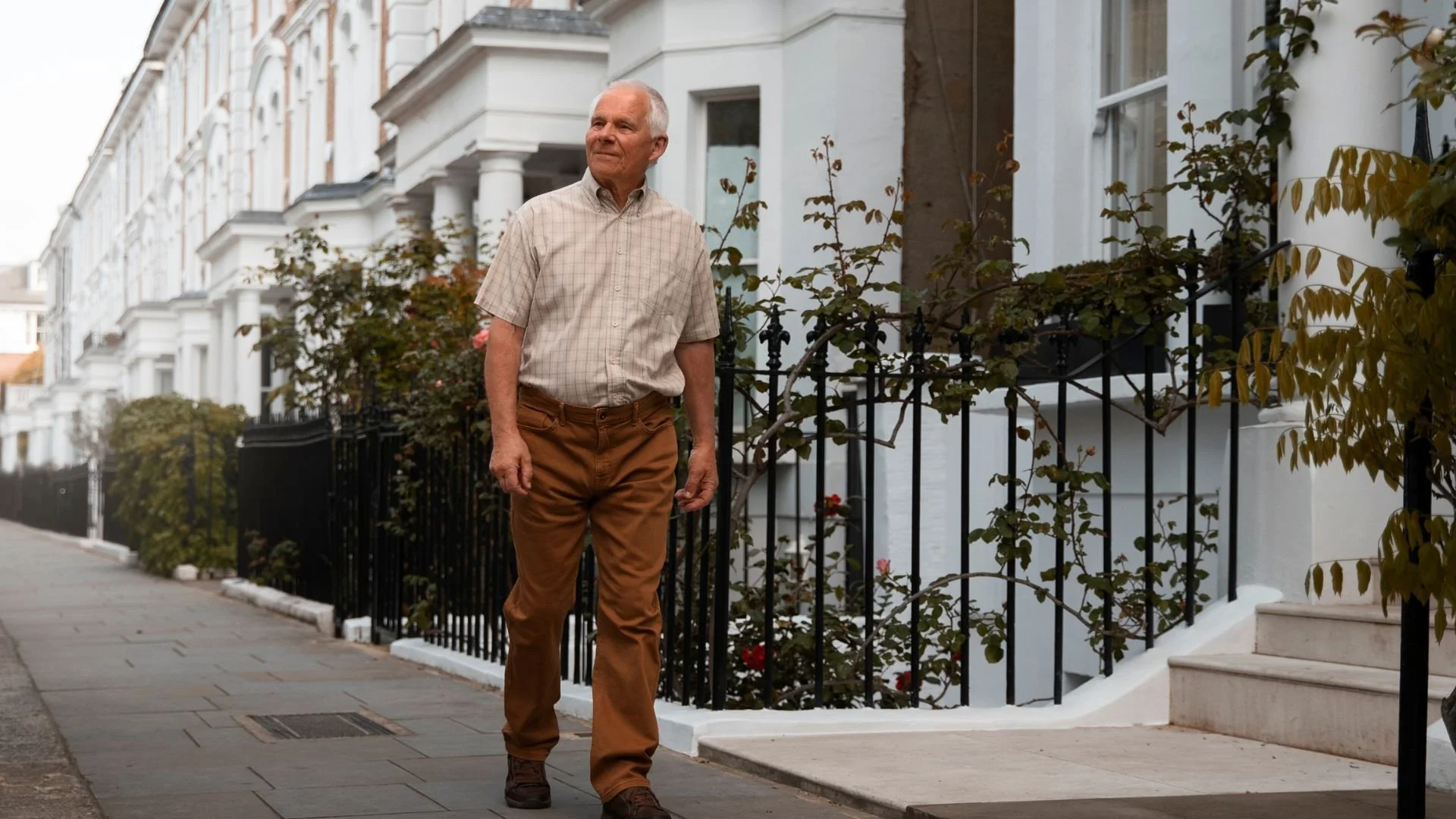An overview of the Budget 2024
Labour's first Budget since the party returned to power in July has been delivered by Chancellor Rachel Reeves.
In an effort to rebuild public services and stabilise public finances, she proposed tax increases worth £40 billion.
An overview of the main measures is provided below.
Personal taxes
Employees will pay the same rates of income tax and National Insurance (NI), as well as VAT
As wages rise, income tax thresholds will rise in line with inflation after 2028, preventing more people from being pushed into higher bands
The basic rate of capital gains tax will rise from 10% to 18%, while the higher rate will rise from 20% to 24%
Profits from selling additional properties remain unchanged
Unspent pension pots will also be subject to inheritance tax from 2027, after the two-year freeze on thresholds expires in 2030
The exemptions for inheriting farmland will become less generous from 2026 onwards
Business taxes
An additional £25 billion a year will be raised by increasing NI payments from 13.8% to 15% on salaries over £5,000 from April
It is proposed to increase the employment allowance from £5,000 to £10,500, which will reduce the NI liability of smaller companies
From April, private equity managers will pay an increased tax of up to 32% on their shares of successful deals
Tax rate on taxable profits over £250,000 to remain at 25% until next election
Transport
Petrol and diesel fuel duty cuts brought in by the Conservatives, due to expire in April 2025, are extended one more year
In England, single bus fares will rise from £2 to £3 in January
A commitment to fund tunnelling work to connect the HS2 high-speed rail line to Euston station in central London
The commitment to upgrade the trans-Pennine rail line between York and Manchester via Leeds and Huddersfield
Flights by private jet will be subject to a 50% increase in air passenger duty
Drinking and smoking
Starting in October 2026, vaping liquids will be taxed at £2.20 per 10ml
For hand-rolled tobacco, the tax will increase by 10% over inflation, and by 2% above inflation for cigarettes
The tax on non-draught alcoholic beverages will increase by the higher RPI measure of inflation, while the tax on draught beverages will be cut by 1.7%.
Considering extending sugar tax to "milk-based" beverages, as well as reviewing thresholds for sugar tax on soft drinks
Benefits, wages, and pensions
Over-21s' legal minimum wage will rise from £11.44 to £12.21 in April
To move toward a "single adult rate," the rate for 18 to 20-year-olds will rise from £8.60 to £10.
"Triple lock" will increase payments by 4.1% next year, more than benefits for working-age people
The maximum weekly earnings threshold for the full-time carer's allowance has been raised from £151 to £195
Housing
£500 million added to the current affordable homes budget until 2026
Providers of social housing will be allowed to increase rents above inflation under a multi-year settlement, according to an external report
In England and Northern Ireland, stamp duty surcharges on second homes will go up from 3% to 5%
UK debt, inflation and economic growth
According to the Office for Budget Responsibility, the UK economy will grow by 1.1% this year, 2% next year, and 1.8% in 2026.
A 2.5% inflation rate is predicted for this year, 2.6% for next year, and 2.3% for 2026
Student loan repayments are now included in the official definition of government debt in the UK
Government spending and public services
Added £22.6bn to the NHS budget in England for day-to-day expenses, and an additional £3.1bn for investment
Next year, £6.7bn will be invested in education, including £1.4bn to rebuild more than 500 schools
A £2.9bn increase in defence spending is expected next year
Other measures
An estimated £11.8bn will be allocated to compensate victims of the infected blood scandal, with £1.8bn set aside for the wrongly prosecuted sub-postmasters of the Post Office
The government will stop receiving surplus funds from the mineworker pension scheme
Scotland will receive £3.4bn, Wales £1.7bn and Northern Ireland £1.5bn of the additional £6.6bn






